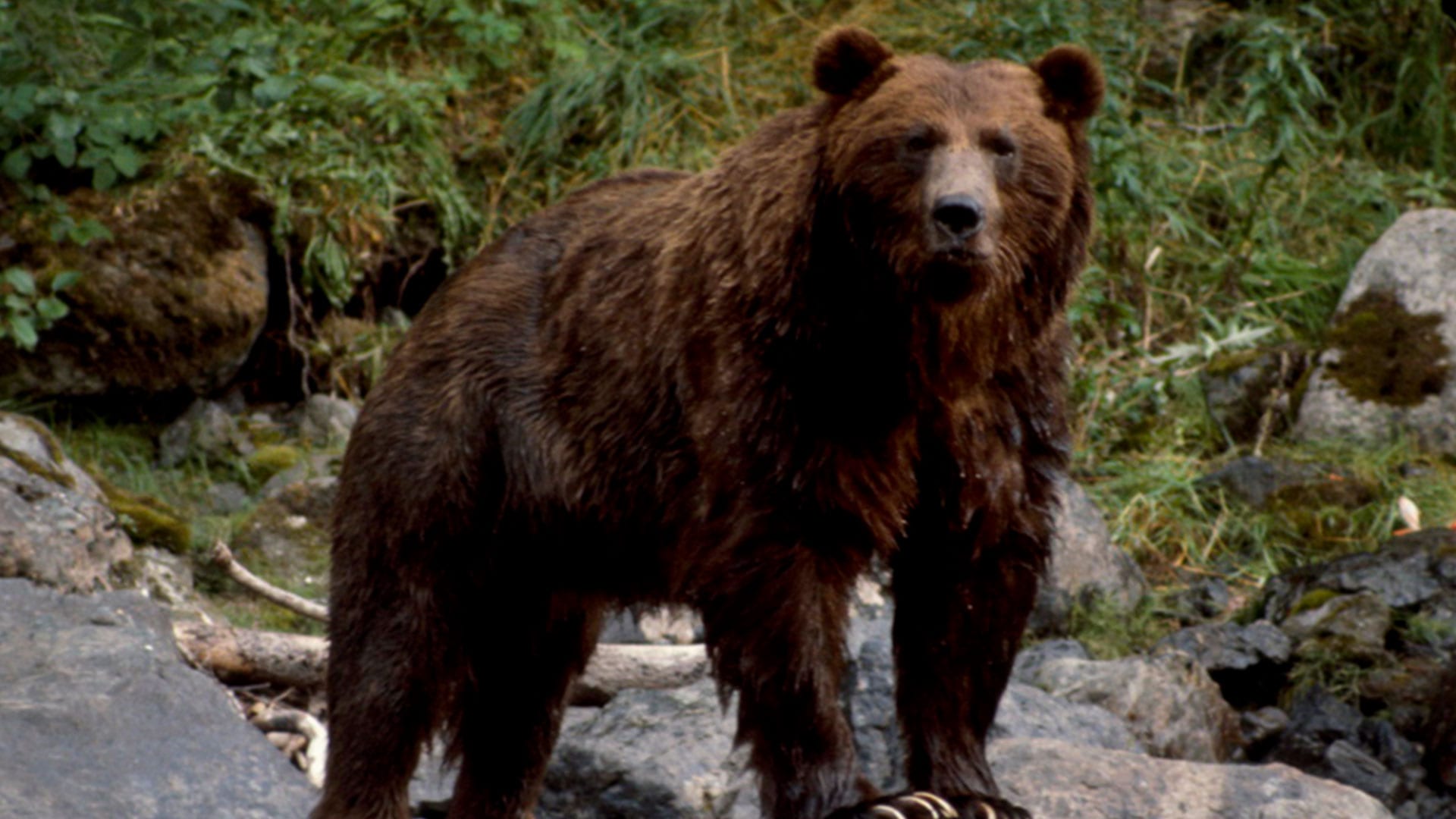In an effort to reduce the predator populations to rebuild wildlife species they count on, the Tahltan Nation in B.C. is encouraging its members to hunt bears and wolves in the territory.
According to Tahltan Central Government President Chad Norman Day, the caribou, moose, deer and other wildlife they depend are put at risk by wolves and bears.
He says there are now more bears and wolves than community members.
“We have seen increased numbers of bears in the communities, and we have heard several stories from community members where they have had encounters with bears and wolves coming into the communities themselves,” he said.

The Tahltan Nation territory makes up nearly 11 per cent of the province.
Their communities are remote, located just below the Yukon border.
The area is also known for world-class mining and hunting.
It’s now encouraging members to exercise their rights to harvest predatory species following cultural practices.
They once had their own breed of dog that is now extinct, which was bred for hunting.
“We actually had distinct species of dog called the Tahltan Bear Dog that assisted us with predator management both with bears and with wolves. It was something that we have been doing for thousands of years,” Day told APTN News.
In a statement released on Tuesday, the Tahltan Predator Management Policy was introduced to regain balance in their wildlife populations.
Members are required to utilize each species to the extent possible for cultural purposes.
“We would traditionally use the bones of different animals for tools, regalia for ceremonial purposes, we would eat most parts of the bears but not the wolves,” said Day.
“We would utilize the furs of black bear, grizzly bears and wolves for different purposes around clothing, dwelling and regalia.”

In 2017, B.C. banned the hunting of grizzly bears.
But in an email with APTN, a ministry spokesperson said they respect the rights of the nation on this matter.
“The Province recognizes, respects, and supports the rights of the Tahltan people to exercise and practice cultural wildlife management practices,” said Tyler Hooper, a spokesperson for the Ministry of Forests, Lands, Natural Resource Operations in B.C.
In 2018, B.C. announced $3 million to pay for the Tahltan and neighbouring Kaska and Taku River Tlingit First Nations to work together on wildlife stewardship and management priorities, including population assessments and monitoring activities that can inform management actions.
“Wildlife populations naturally fluctuate, and there are many factors that can affect distribution and abundance. Generally, wildlife populations in the Northwest are stable; however, there are areas where declines of some species are observed or documented,” said Hooper.
Day acknowledges the support of the province but said action was needed now, so they have started their own predator management.
Their wildlife department will oversee the wolf and bear hunt policy in the territory.
“We are stepping up and utilizing our title and rights to help reverse some of the problems we see. We are ultimately doing this not just for the future of Tahltan people but the future of other British Columbians and Canadians as well,” said Day.









